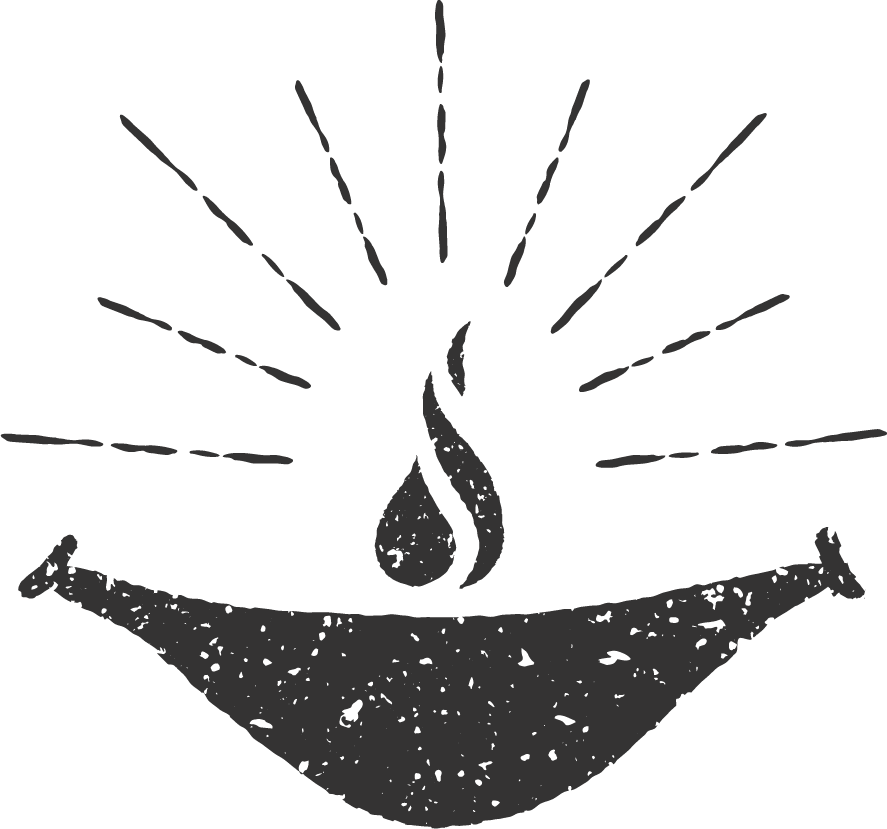The not-a-church we helped build
This is the not-a-church we (of UUHS, who are not-a-church ourselves!) helped build in Burundi.
This is not the tactic that religious organizations usually take—usually they build churches. I asked Fulgence about this, and he said that there are already enough churches built by white people in that region, thank you. He explained churches are gathering places for only one part of the community—the people who belong to that religion. He explained that what’s needed is a place for everyone. Division kills, he said, and community saves lives.
When I asked him what he meant by this, he told me a story from what we think of as “the Rwandan genocide” (but it happened in Burundi as well). Fulgence was a teenager at boarding school. His school was near a military base, so he was safe, but his family wasn’t. Fulgence and his family are Tutsi—which is the minority that was in danger at the time. He was sure that it couldn’t happen in his home village. But…. …Everyone had been sure it wouldn’t happen in their home village. Fulgence heard that a prominent politician in the area had killed three Tutsis and urged all Hutus in the region to attack their neighbours (this was the typical pattern).
Weeks later, Fulgence got word of what had happened in his home village.
As the violence was beginning to take root in the region, three Hutu men went from door to door to talk to the other Hutus. They said “These are our neighbours. They’ve done nothing wrong. We can’t do this.”
This was huge risk for them to take--but it paid off.
Fulgence’s family—and the other Tutsis—stayed safe.
Weeks later, the mostly-Tutsi army arrived in the village. It had been scouring the countryside exacting retribution. The Tutsis of the village—including Fulgence’s father—came out and stood in front of the army, and explained “They protected us. We are one community”. The army left.
That’s why they asked us for a community centre, where everyone can gather. Because they resist the division by ethnicity, religion, or whatever else. Division kills.
This is the ethic that we are protecting, by supporting them in ongoing development work.... The centre now includes things like a store and community garden, thanks to the funds we raise each year in this group.
What we helped build... It’s not a UU church or even a UU community centre. There are no services, no evangelizing, no mention of religion in any way. There’s not even a sign that says “thank you Unitarian Universalists”.
There is a sign, though.
It says “Kaze Muhira”, which means “Welcome Home”.
By Liz James, Mirth and Dignity Board President. (Mirth and Dignity is the legal organization that, among other things, runs the UU Hysterical Society).
***
Interested in learning more about FCI’s role in Mirth and Dignity? Check out “How Mirth and Dignity got its name”, or start the story right at the beginning with “Wait, What’s the Connection between Mirth and Dignity and Flaming Chalice International?” or go straight to those rivetting governance tips with “Learning from FCI” and “Not my potatoes”.
Interested in learning more about FCI’s work? Check out “The Not-a-Church we helped build”, or “How Flaming Chalice International got its Name” Or check out FCI’s website. We particularly recommend this story about Fulgence’s mother. It’s really beautiful.

